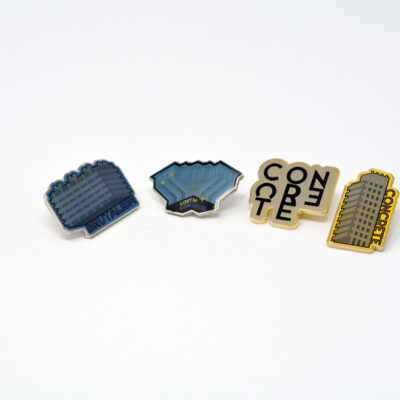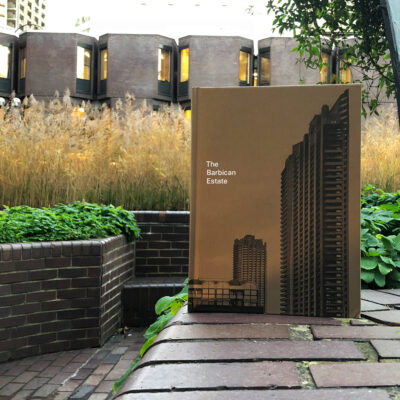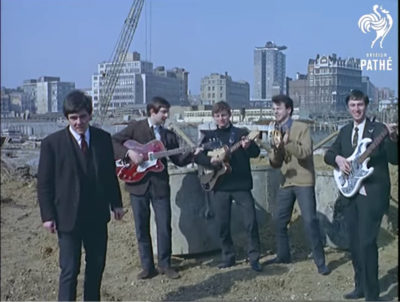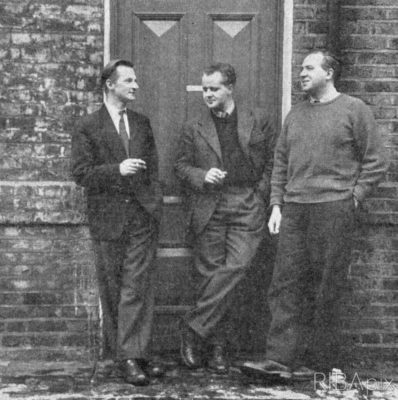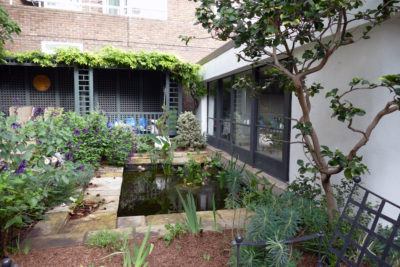Barbican Open Air Cinema: Daughters of the Dust
Beyonce’s inspiration
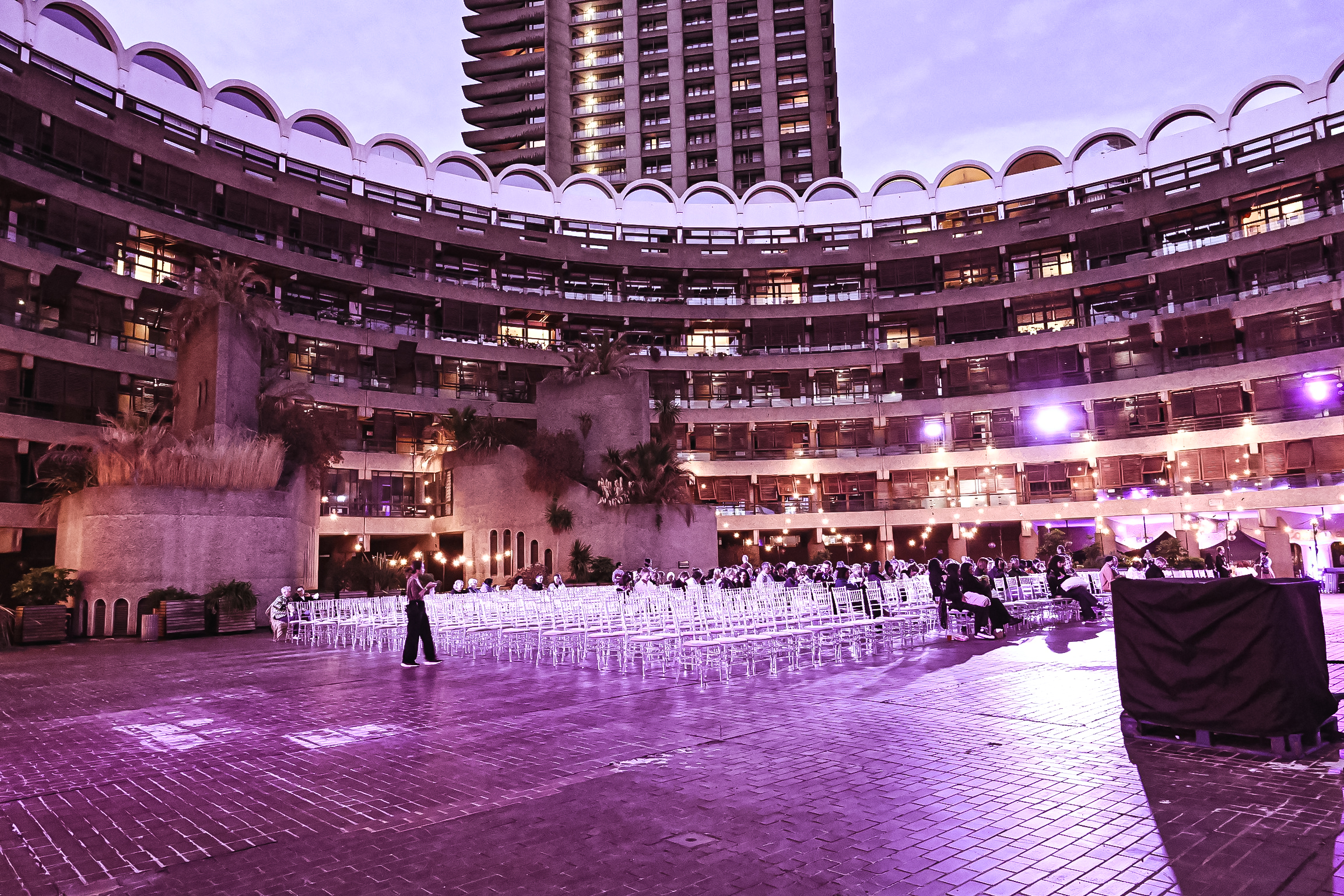
Julie Dash’s groundbreaking masterpiece concluded the short 2022 Outdoor Cinema season at the Barbican. The temporary screen was set up in Frobisher Court, a spectacular Brutalist setting on the north side of the Barbican Arts Centre. A stunning block, the only one in the Barbican to be curved into an elegant crescent, Frobisher’s louvred window blinds are raised like the gun ports on a galleon.
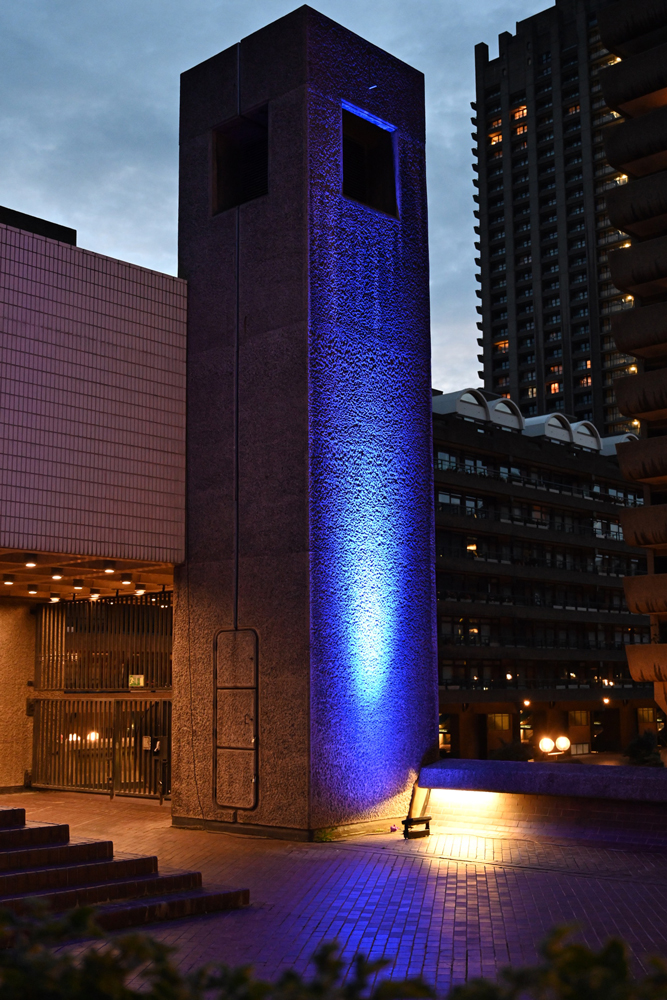
Daughters of the Dust notwithstanding its gentle, ethereal, perhaps, mystical quality, tells the story of a family of the children and grandchildren of South Carolina slaves, members of the Gullah people, sharing their last family dinner before leaving their island and moving ‘North’. The Gullah have preserved more of their African heritage, customs and beliefs than other descendants of the huge numbers of Africans brutally kidnapped into slavery. It was the first film by an African American woman to have a full theatrical release.

Julie Dash ‘Career Girls CC BY 3.0’
It broke the mould of how African Americans were commonly portrayed in American cinema
Made on a modest budget in 1991, it broke the mould of how African Americans were commonly portrayed in American cinema. The stereotypes of Blaxploitation of the 70s and, as Julie Dash describes, those of the “urban testosterone films” have no place in this work with its respectful depiction of a dignified family with aspirations and ambitions to leave behind the poverty of their island, while concerned to preserve their rich heritage.
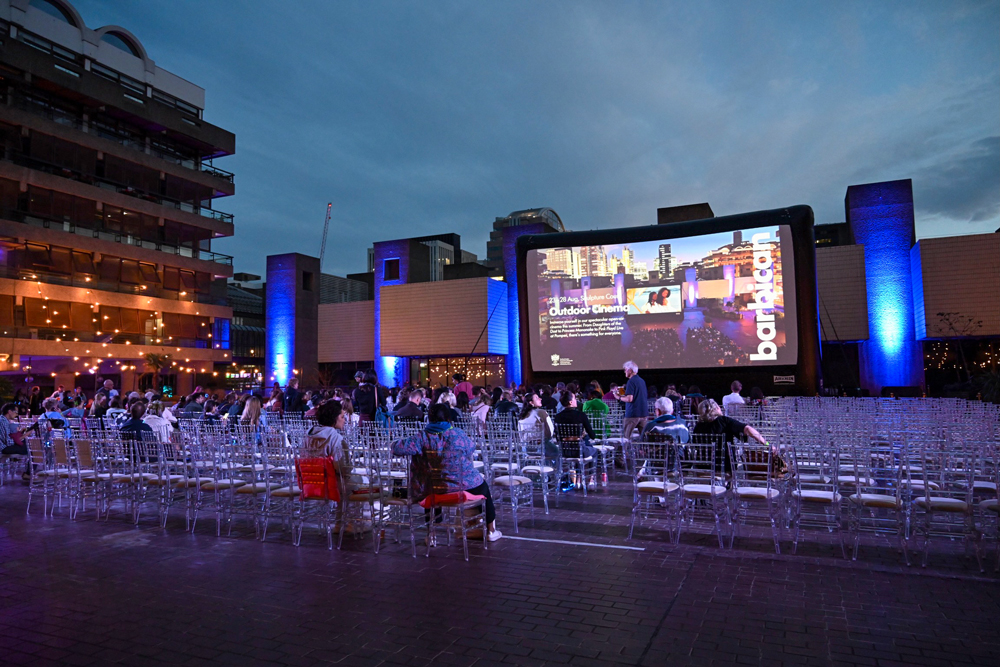
Lemonade
To Julie Dash’s surprise, the look and feel of Daughters of the Dust appeared to inform the design of Beyoncé’s music video Lemonade. Julie, while welcoming that the effect was to mainstream her film, again, notes that Beyoncé’s production team never contacted her before or after Lemonade was made. However there is absolutely no rancour, Julie is pleased that her seminal work provided such inspiration to a huge star.
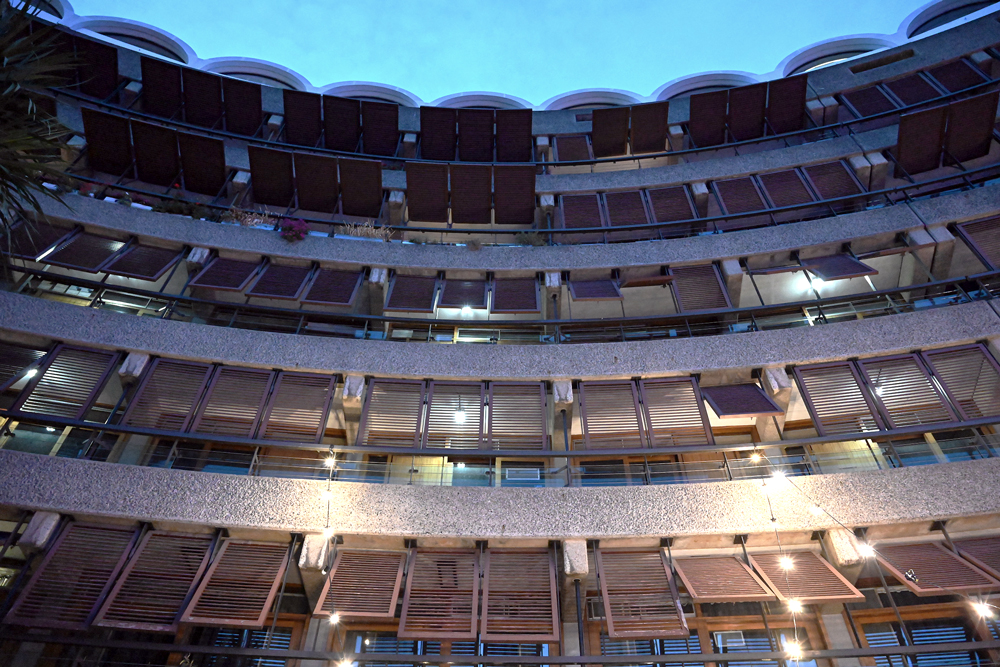
Frobisher Court is named for Sir Martin Frobisher, long considered a hero of Tudor England helping to defeat the Spanish Armada; his life was entwined with three other famous Tudor seamen, Sir Francis Drake, Sir John Hawkins and Sir Walter Raleigh, all of whom were active in the slave trade.
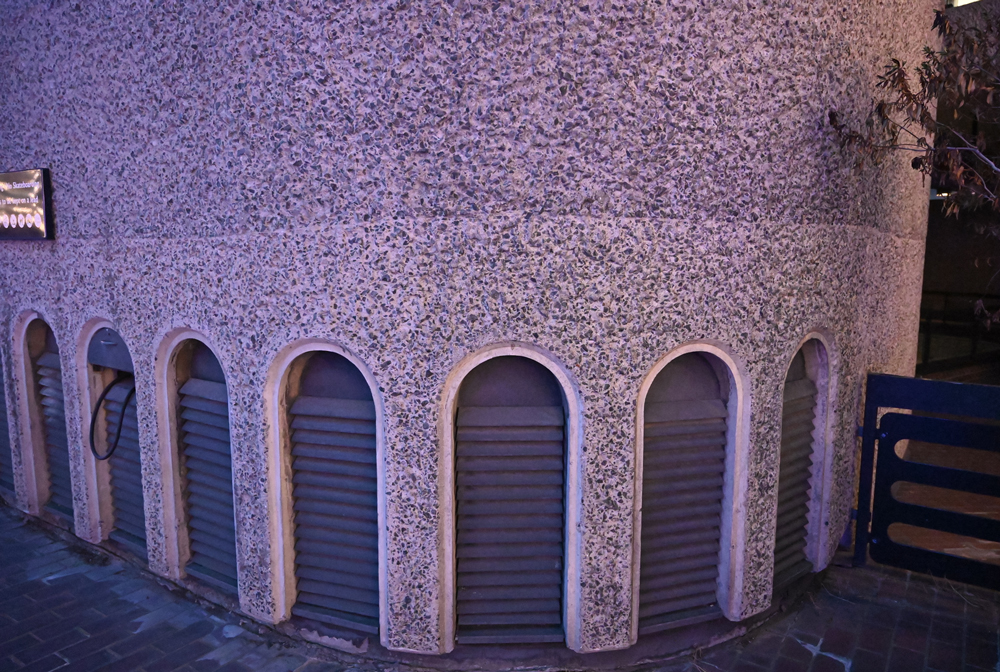
Frobisher Court Cooling Tower
All images unless otherwise noted, Howard Morris ©






